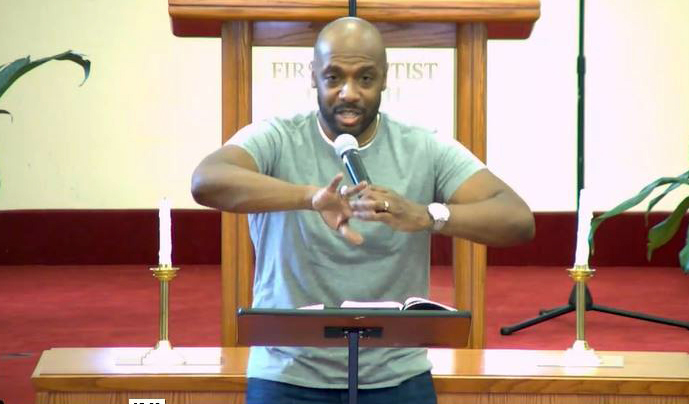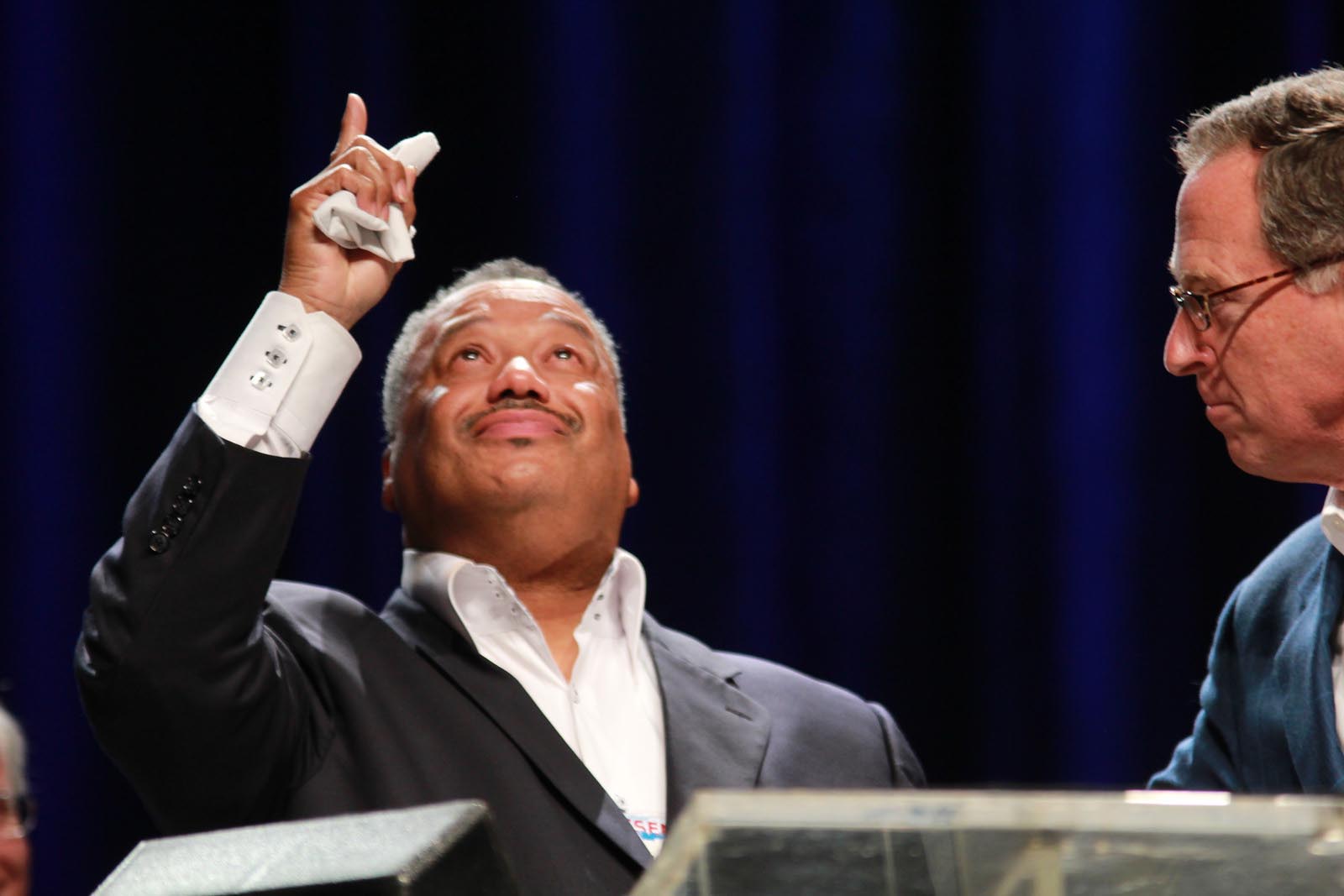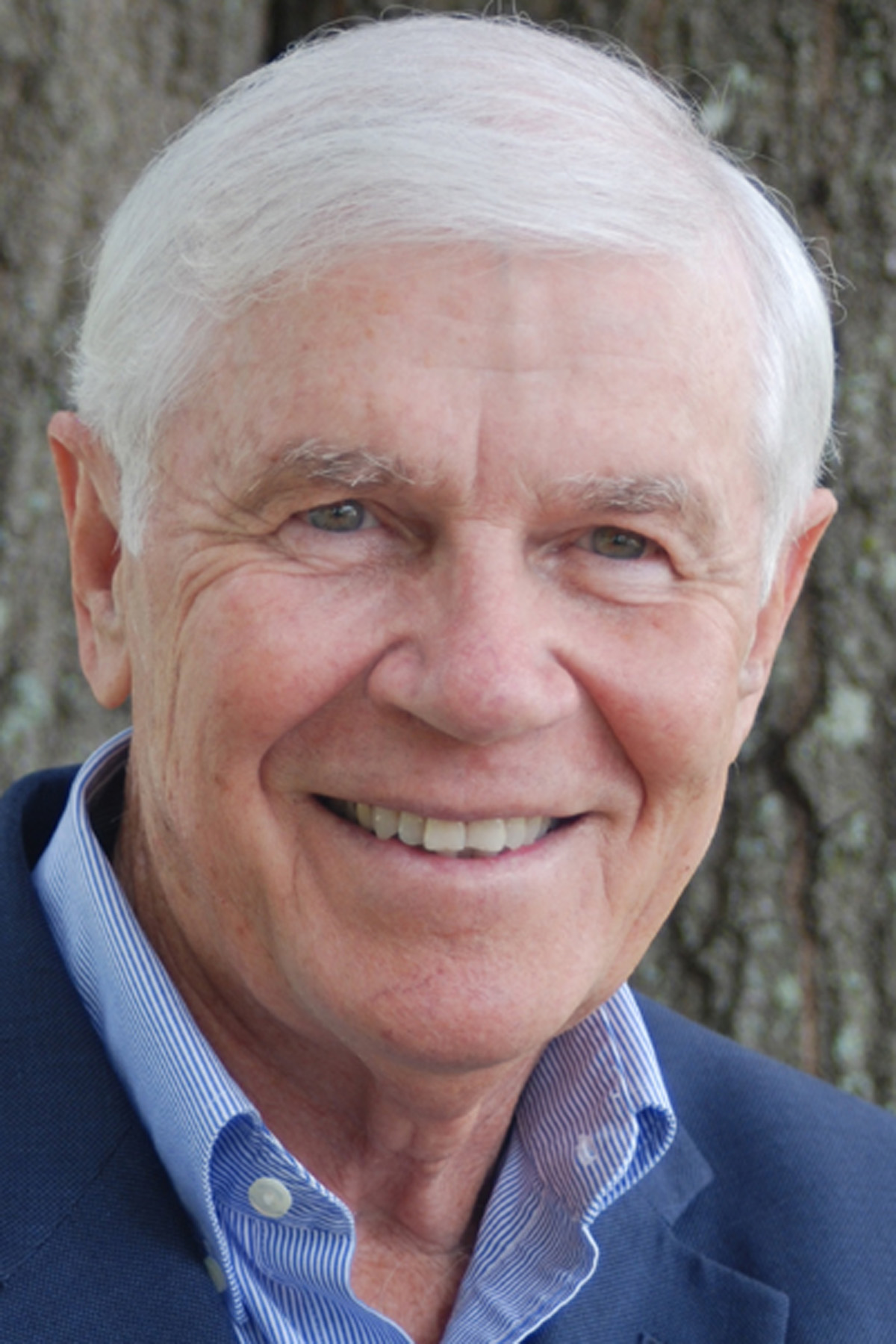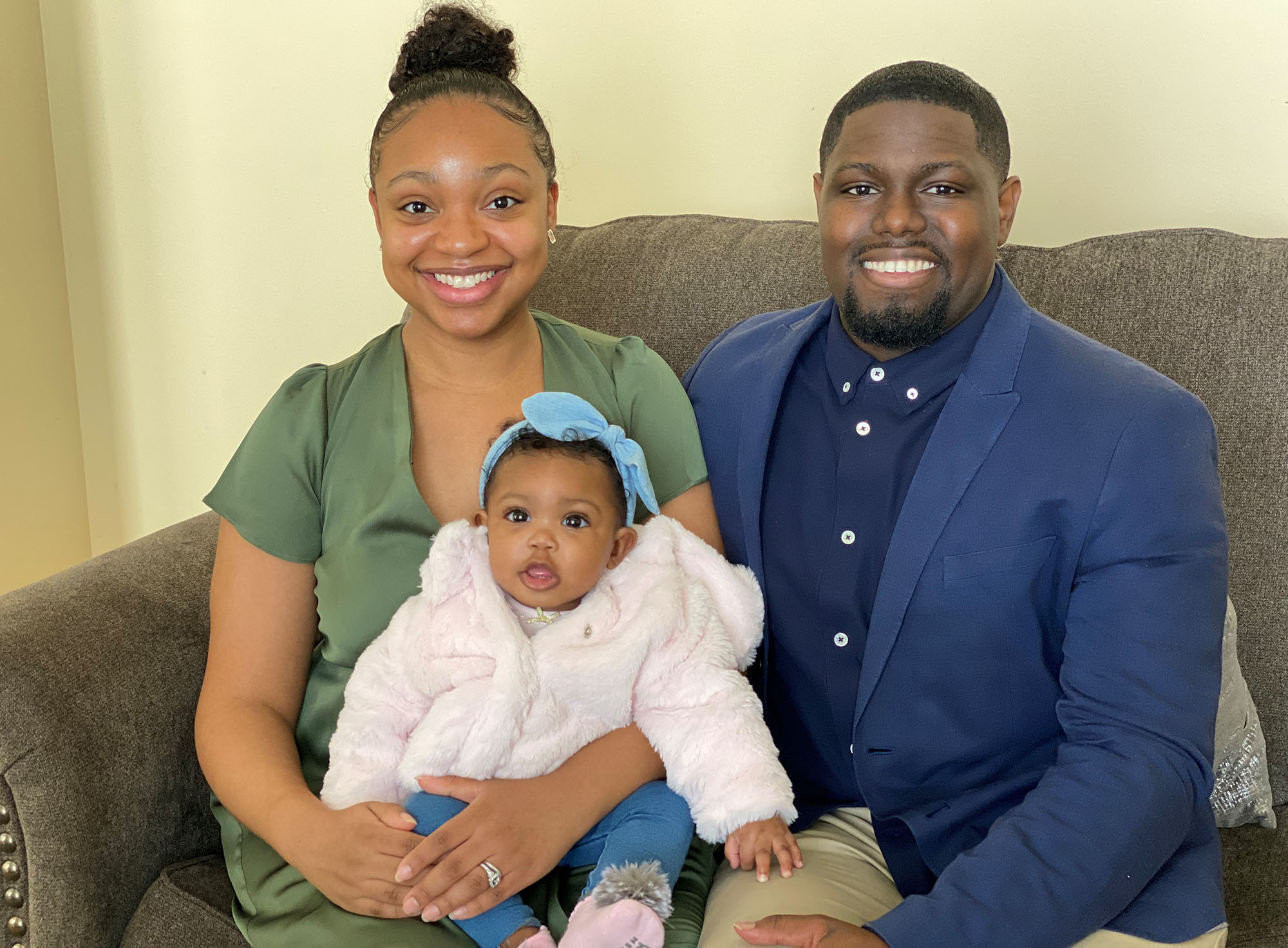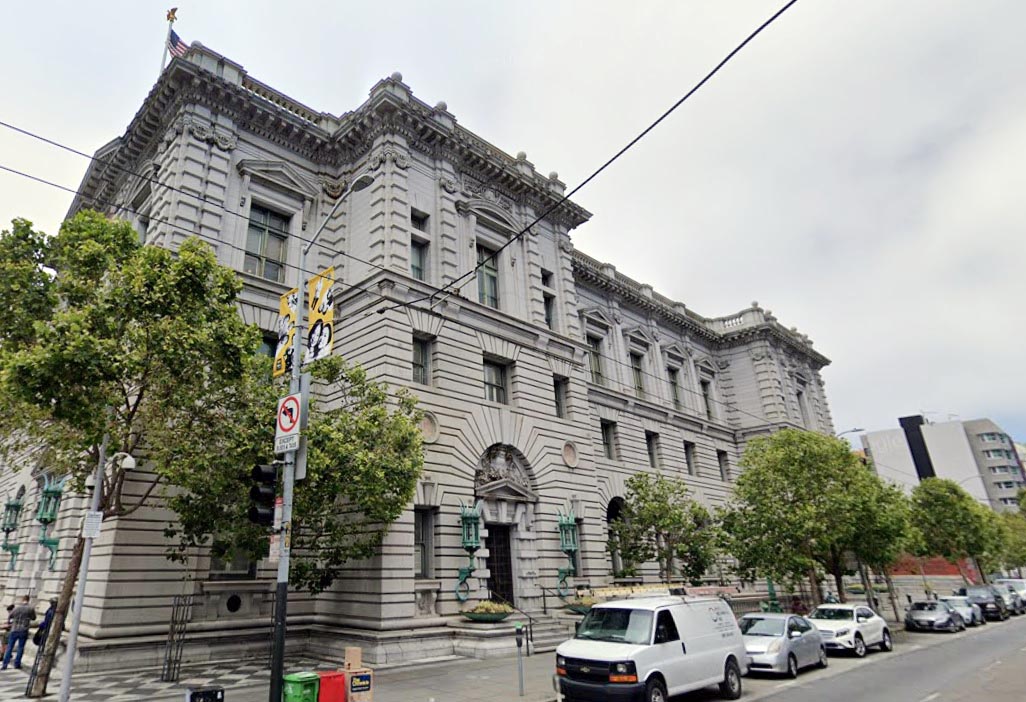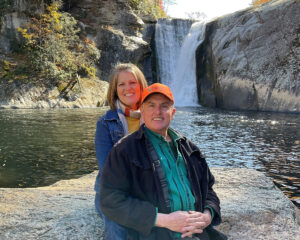

Michael Ellis (center), pastor of Impact Baptist Church, Memphis, Tennessee, was elected to serve as president of the Tennessee Baptist Convention on November 11. At least twenty-two other state Baptist conventions and the Southern Baptist Convention have elected presidents representing Southern Baptists’ broader ethnic and racial diversity. He is flanked by David Leavell (right, vice president) and Nathan Washburn (second vice president). Photo by Connie Bushey; courtesy of the Tennessee Baptist & Reflector.
In 1995, the SBC officially acknowledged racial tensions in its past by adopting a resolution on racial reconciliation. Twenty years later, Southern Baptists are continuing to build relationships across ethnic lines and work together for the common purpose of proclaiming the Gospel to all people.
The 1995 resolution was adopted in Atlanta, Georgia, on the occasion of the Convention’s 150th anniversary. It acknowledged that relations with African Americans had been damaged by the role slavery played in the formation of the SBC; repented of racism past and present; apologized to African American brothers and sisters for condoning and perpetuating racism; and committed to pursuing racial reconciliation for the glory of God.
At the 2014 SBC annual meeting, Alan Cross moved that in light of the resolution’s twentieth anniversary, the SBC president assign a task force to assess progress Southern Baptists have made in racial reconciliation since 1995 and offer recommendations about how to better reach and raise up leaders among diverse ethnic groups. The motion was referred to the Executive Committee for consideration. During its September meeting, the EC assigned its Communications Workgroup to update and expand a report completed in 2011 that will include progress made since its release.
The 2011 report was created in response to a 2009 motion by Paul Kim, asking the Executive Committee to examine ways in which ethnic churches and church leaders could be more involved in SBC life and leadership. The result of the EC’s exhaustive two-year study, A Review of Ethnic Church and Ethnic Church Leader Participation in SBC Life, was presented at the 2011 SBC annual meeting. A twelve-part accompanying recommendation was adopted by the Convention.
The report reviewed the racial and ethnic identities of elected SBC officers, program personalities on the platforms of annual meetings, SBC entity staff, IMB and NAMB field personnel, seminary faculty, and recent seminary graduates. It also included interviews with ethnic fellowship leaders and others involved in intercultural ministry.
The EC Communications Workgroup will present a first draft of the expanded report at the February 2015 EC meeting. A final printed report will be presented to messengers to the 2015 SBC annual meeting.
February 8 is Racial Reconciliation Sunday on the SBC calendar. Some African American leaders want to celebrate the progress the Convention has made by changing the name to something more positive—Kingdom Diversity Celebration Sunday.
Southern Baptists should take time to reflect on the work still to be done, but celebrate that the Convention more and more is reflecting the diversity of heaven, where people from every nation, tribe, people, and language will stand before the throne and worship the Lord.


